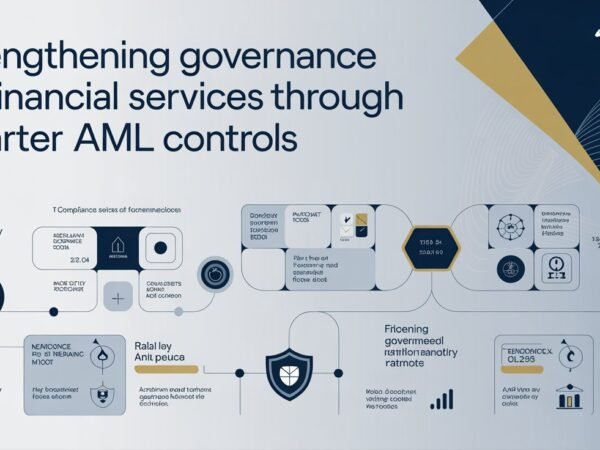What is a Tax Return?
A tax return is a form you file with the IRS to report your annual income and expenses. It determines how much you owe in taxes or your eligibility for a refund.
On your tax return, you will report all sources of income, such as wages, rental income, and retirement income. You’ll also include any deductions or credits to reduce your taxable income.
Understanding Your Tax Liability
Tax liability is the total amount of tax you owe to the IRS. It’s determined based on your taxable income and tax brackets.
Your tax return helps calculate your liability by factoring in deductions and exemptions. Reducing your taxable income through deductions or credits lowers your tax liability and keeps more money in your pocket.
How to Calculate Your Taxable Income
Taxable income is the portion of your income that is subject to tax. It’s calculated by subtracting deductions from your total income.
These deductions can include mortgage interest, student loan payments, and business expenses if you’re self-employed. Rental income and retirement income are also considered when calculating your taxable income.
Reporting Rental Income on Your Tax Return
If you earn rental income, you must report it on your tax return. This income is taxed just like any other income, but you can deduct certain expenses related to your rental property.
These deductions can include repairs, property management fees, and mortgage interest. To reduce your taxable income, it’s essential to keep detailed records of rental income and expenses.
Tax Implications of Retirement Income
Retirement income, such as Social Security benefits and distributions from retirement accounts, is also subject to taxes. How much you pay depends on your overall income.
Social Security benefits may only be taxed if your income is high enough. However, those funds are generally taxable if you withdraw from retirement accounts like a 401(k) or IRA.
Managing the Tax Payment Process
The payment process involves paying taxes throughout the year, not just at the end. Many employees have taxes automatically withheld from their paychecks, but if you’re self-employed or have other sources of income, you may need to make estimated taxes.
These are quarterly payments made to the IRS to cover your tax obligations. Staying on top of your tax payments helps you avoid penalties and stay caught up.
Simplifying Your Tax Solutions
Tax solutions are essential for anyone looking to understand their financial situation. By understanding the basics of tax returns, tax liability, and taxable income, you can make smarter decisions about managing your money.
The key to success is planning, whether reporting rental income correctly or understanding retirement income taxes. With the right tax solutions, you can reduce your tax burden and stay compliant with the IRS.
Did you like this guide? Great! Could you browse our website for more?
Also read interesting articles at Disboard.co.uk













